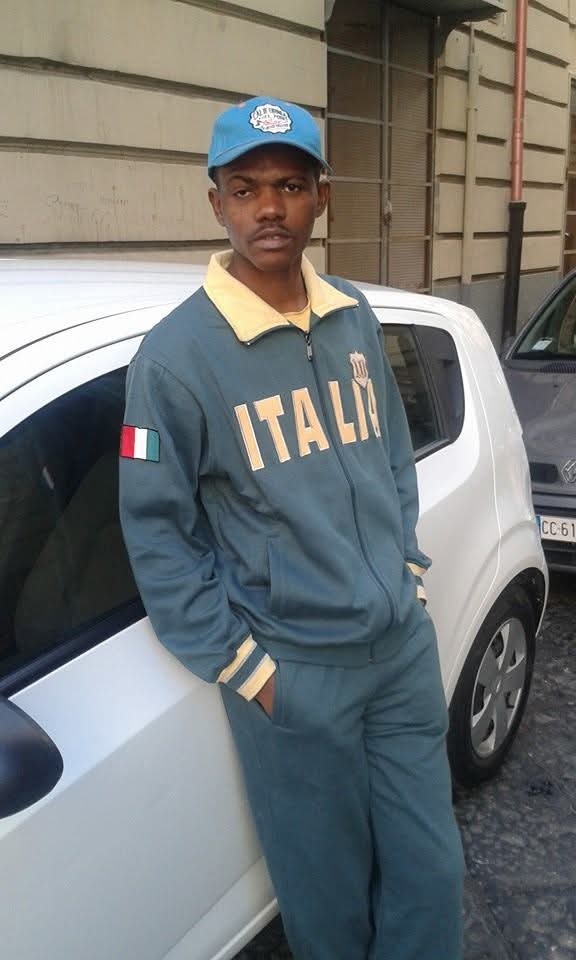Hassan's Journey
Follow Hassan's migration to Italy, a route often undertaken by thousands of forced-displaced Sudanese people escaping from the war and climate crisis in search of a better future in Europe.
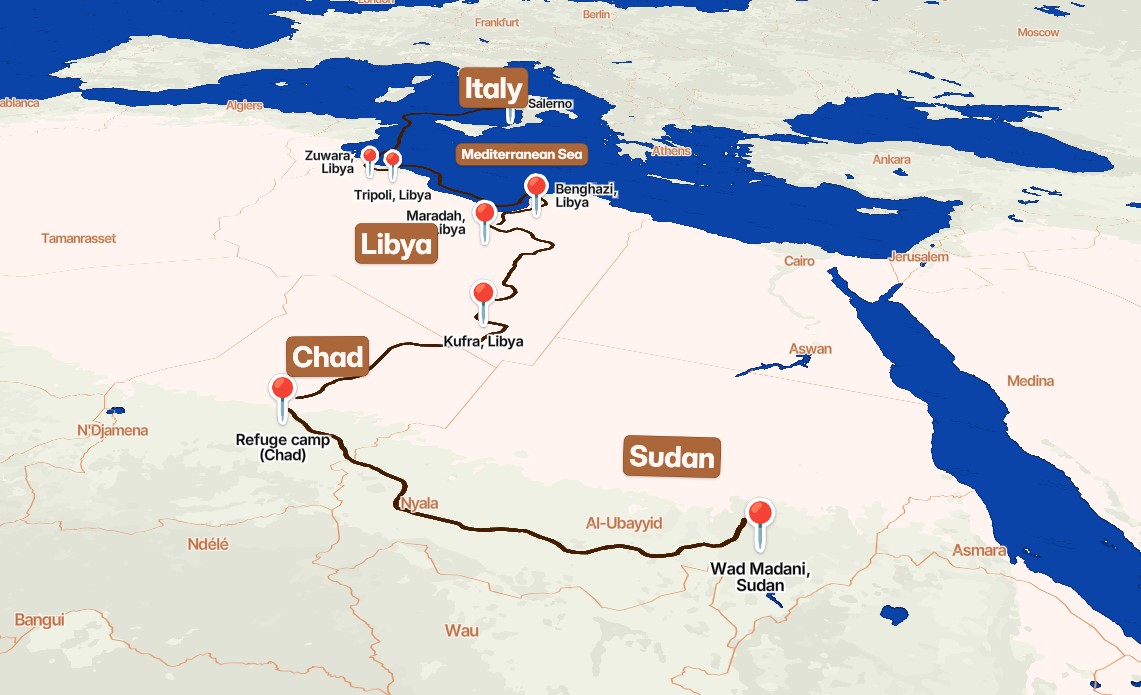
Roadtrip
Add up to 10 spots here. Drag spots up and down to re-order locations.
Wad Madani, Sudan
Hassan lived with his family in Wad Madani, working in agriculture. Under the same roof lived his six siblings, his parents, his grandmother and his uncle. This area is affected by flooding and extreme rains, soil cracking due to climate change. It also has only limited job opportunities, and political instability with forced military recruitment because of the civil war.
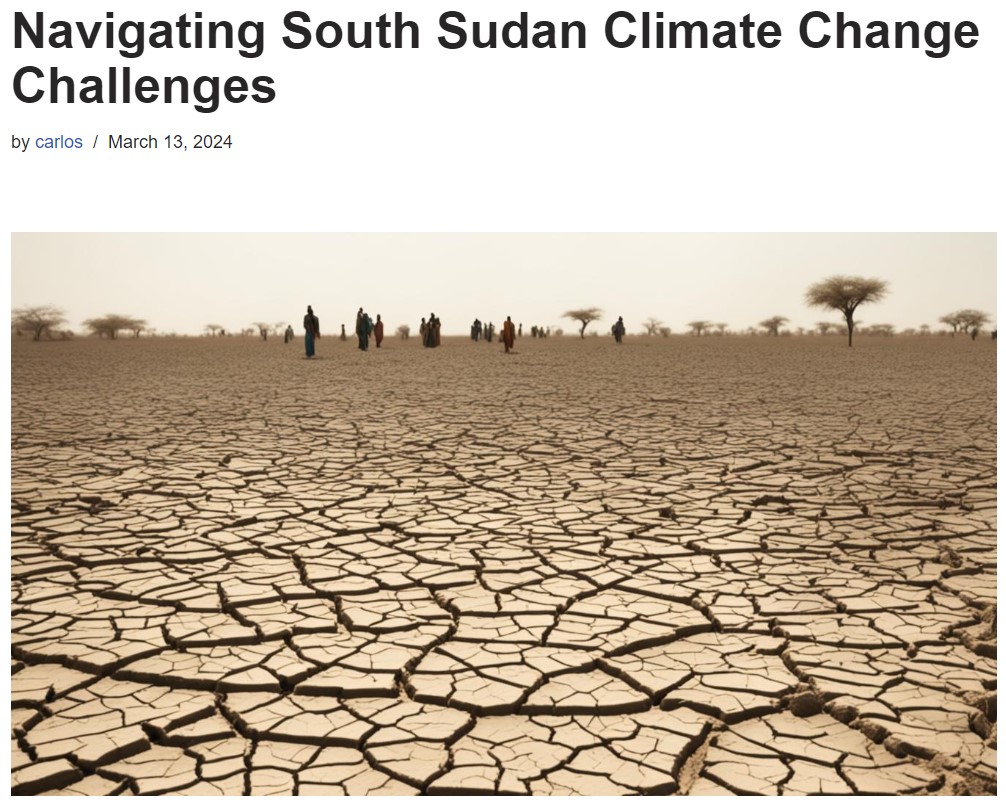
Refuge camp (Chad)
Hassan, like many other Sudanese, arrived to Chad, a country with similar extreme climate conditions, without legal protection, and with difficulties securing basic needs.
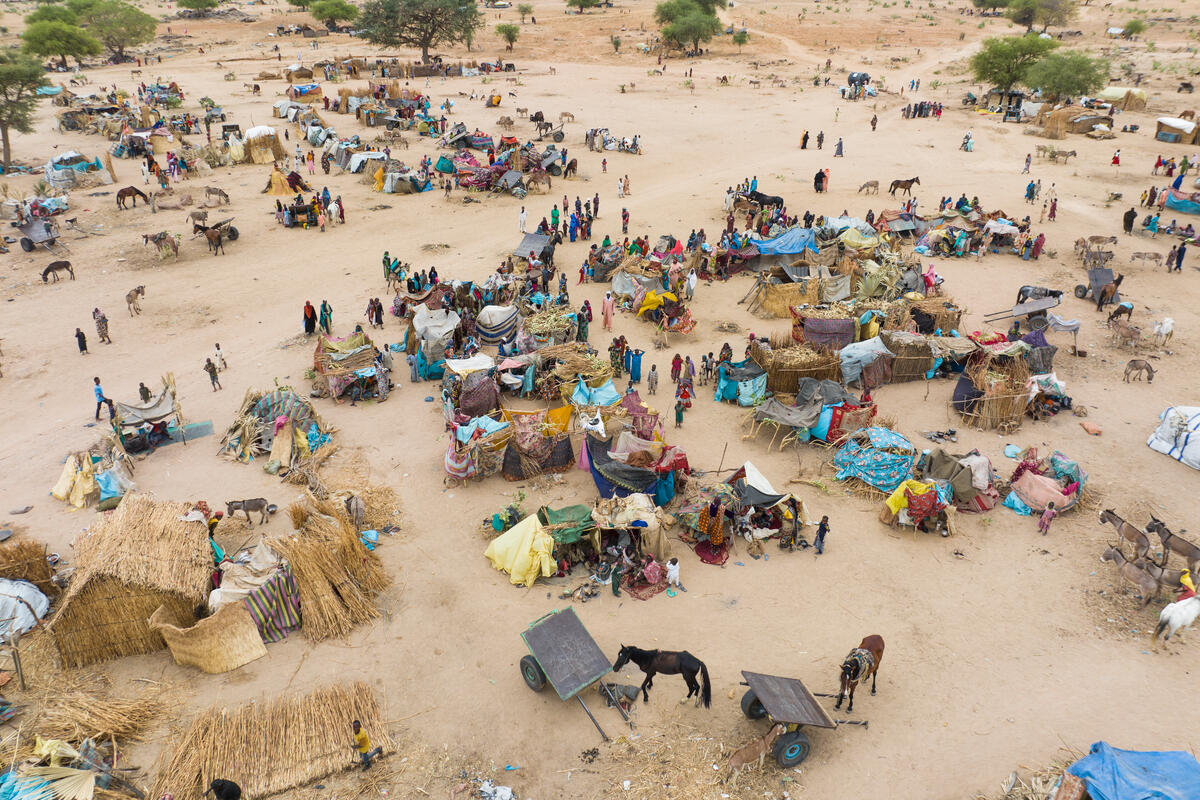
Kufra, Libya
During his transit across Libya, Hassan worked in various jobs, including masonry. He faced harsh living conditions, insecurity and robbery, and challenges from the extreme desert climate.
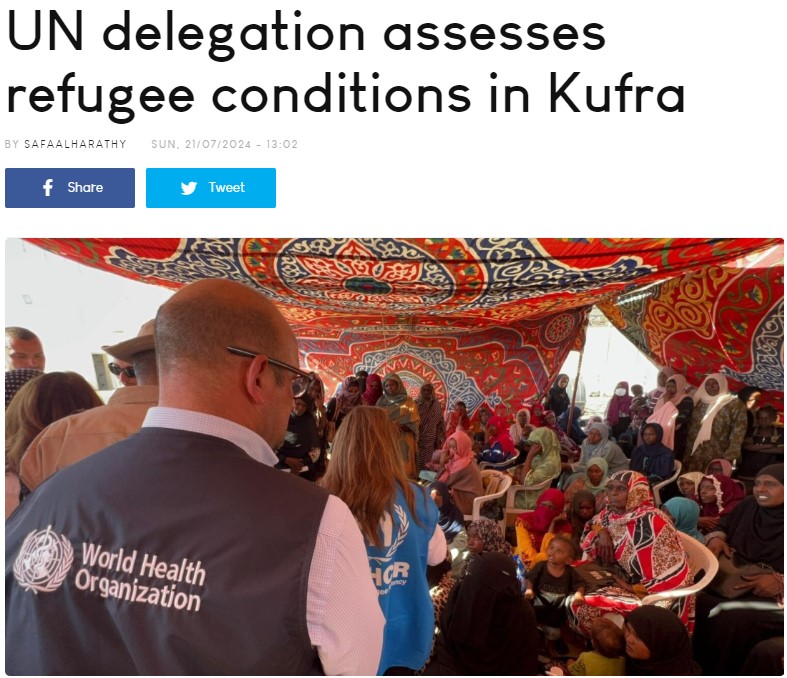
Maradah, Libya
Many cities in Libya have routes and refugee transit camps for Sudanese like Hassan, who are crossing the country to reach the coast. These places lack security or basic services.
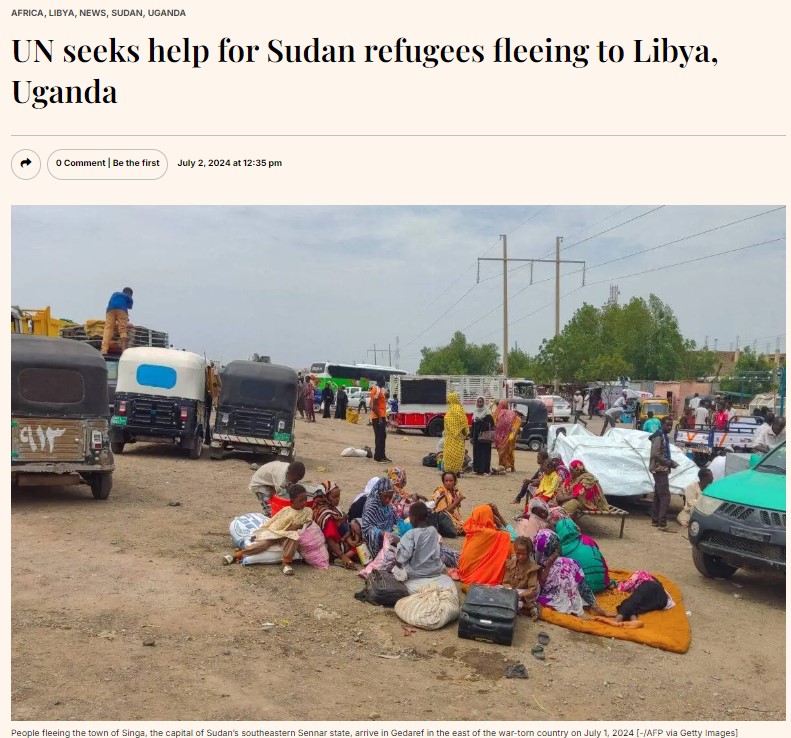
Benghazi, Libya
Hassan stopped temporarily in Benghazi, working to gain money and connecting with smugglers to reach European coasts.
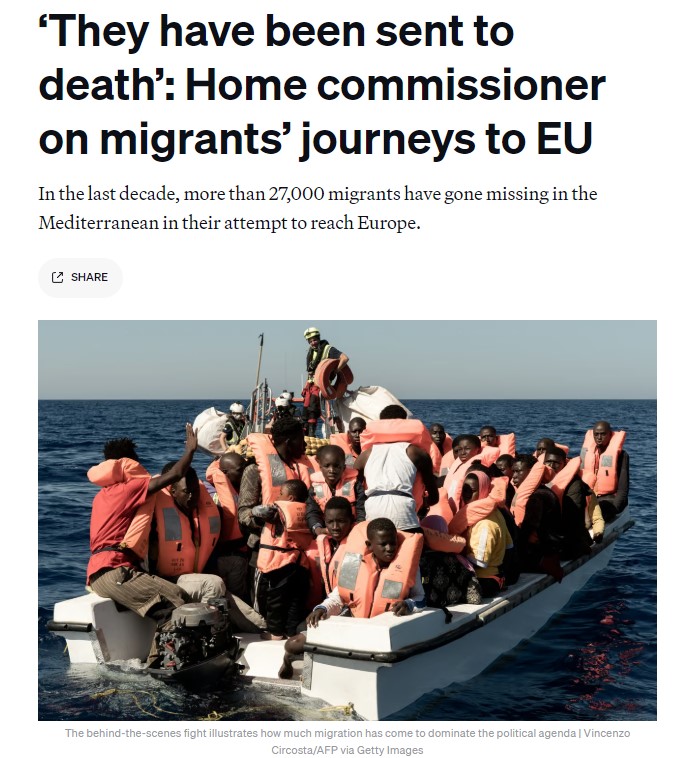
Tripoli, Libya
Many displaced prefer to reach Tripoli or Zuwara by sea, as it might be safer than crossing the north of Libya by land.
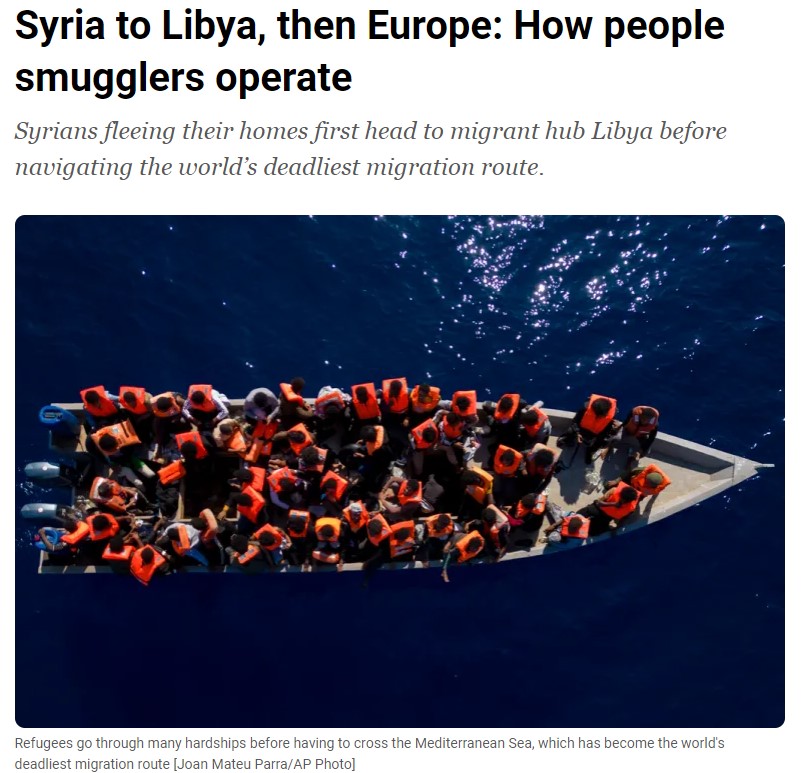
Zuwara, Libya
Hassan made his final stop before embarking on the sea journey to the Italian coasts. He started a dangerous trip, trusting his life to smugglers and boarding an overcrowded boat. Many people drown in the Mediterranean or face exploitation by the bootleggers.
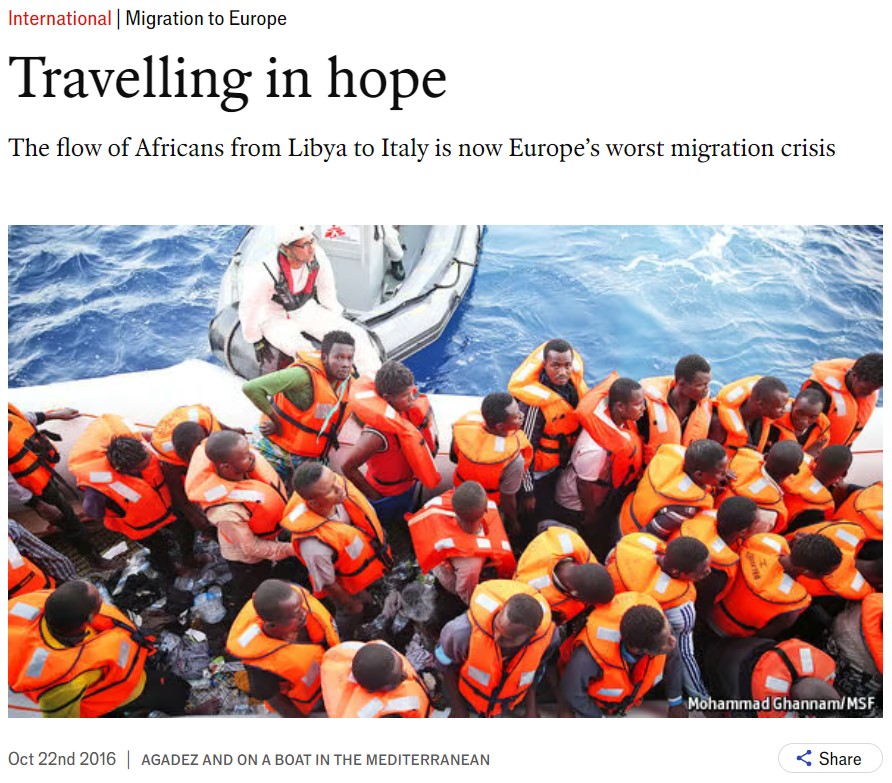
Salerno
After surviving his journey, Hassan arrived in Salerno and entered a Red Cross reception center to seek political asylum. Now 42, Hassan lives in Naples, speaks good Italian and studies Electrical Engineering at the University of Naples Federico II. Together with some friends and fellow migrants, he helps young people from Africa to come to Europe.
